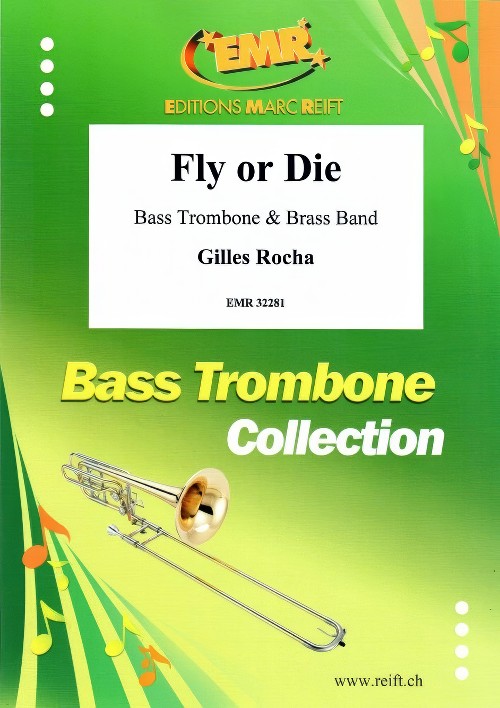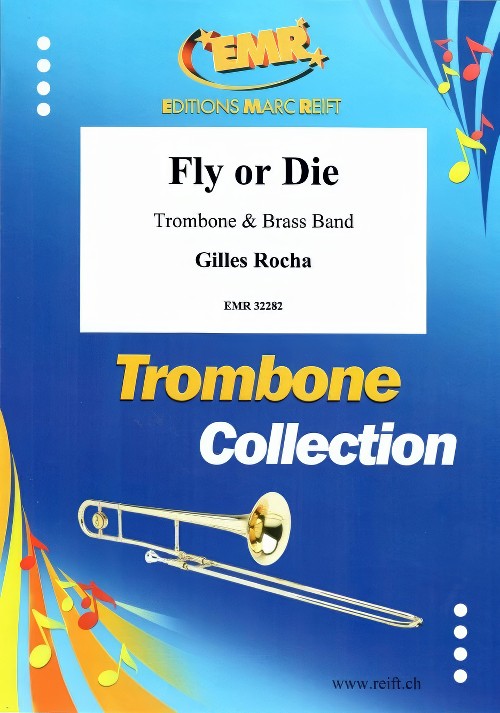We've found 425 matches for your search. Order by
Results
-
 £125.00
£125.00Fly or Die (Bass Trombone Solo with Brass Band) - Rocha, Gilles
Duration: 6.00
Estimated dispatch 7-14 working days
-
 £125.00
£125.00Fly or Die (Trombone Solo with Brass Band) - Rocha, Gilles
Duration: 6.00
Estimated dispatch 7-14 working days
-
 £54.20
£54.20GALLIARD SONATA (Trombone Solo with Brass Band) - Galliard, Johann Ernst - Newsome, Roy
Grade: Easy/Medium.
Estimated dispatch 7-14 working days
-
 £50.90
£50.90GEORGIA ON MY MIND (Trombone or Eb Horn Solo with Brass Band) - Carmichael, Hoagy - Richards, Goff
Grade: Medium.
Estimated dispatch 7-14 working days
-
 £50.90
£50.90HOME (Trombone Solo with Brass Band) - Fernie, Alan
Grade: Easy.
Estimated dispatch 7-14 working days
-
 £50.90
£50.90I LOVE YOU BECAUSE (Bass Trombone Solo with Brass Band) - Salzmann, Joshua - Fernie, Alan
Grade: Easy.
Estimated dispatch 7-14 working days
-
 £50.90
£50.90I WISH YOU LOVE (Trombone Solo with Brass Band) - Trenet, Charles - Woodfield, Ray
Grade: Easy/Medium.
Estimated dispatch 7-14 working days
-
 £50.90
£50.90IF I WERE A RICH MAN (Bass Trombone Solo with Brass Band) - Bock, Jerry - Smith, Sandy
From Fiddler on the Roof. Grade: Medium.
Estimated dispatch 7-14 working days
-
 £50.90
£50.90IN THE WEE SMALL HOURS OF THE MORNING (Trombone Solo with Brass Band) - Fernie, Alan
Grade: Medium.
Estimated dispatch 7-14 working days
-
 £24.95
£24.95INTRODUCTION AND BURLESQUE (Bass Trombone Solo with Brass Band Set)
Estimated dispatch 7-14 working days
